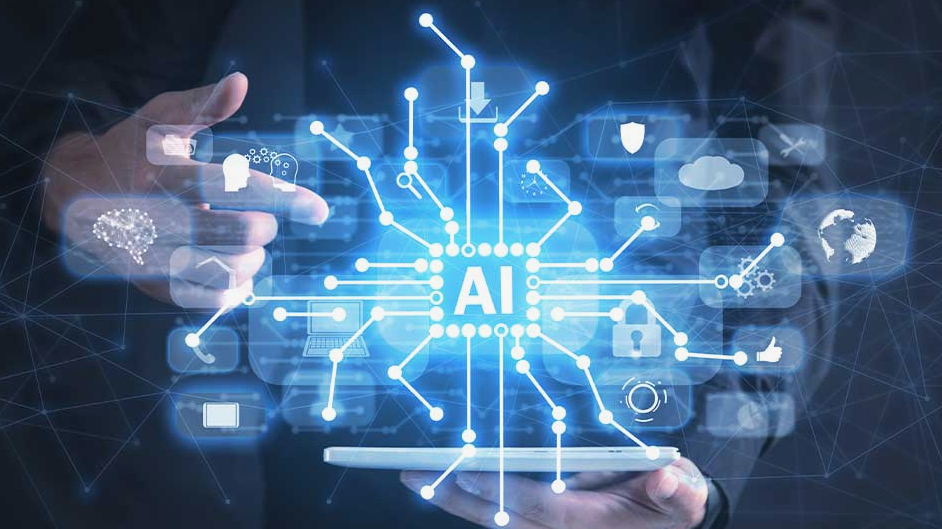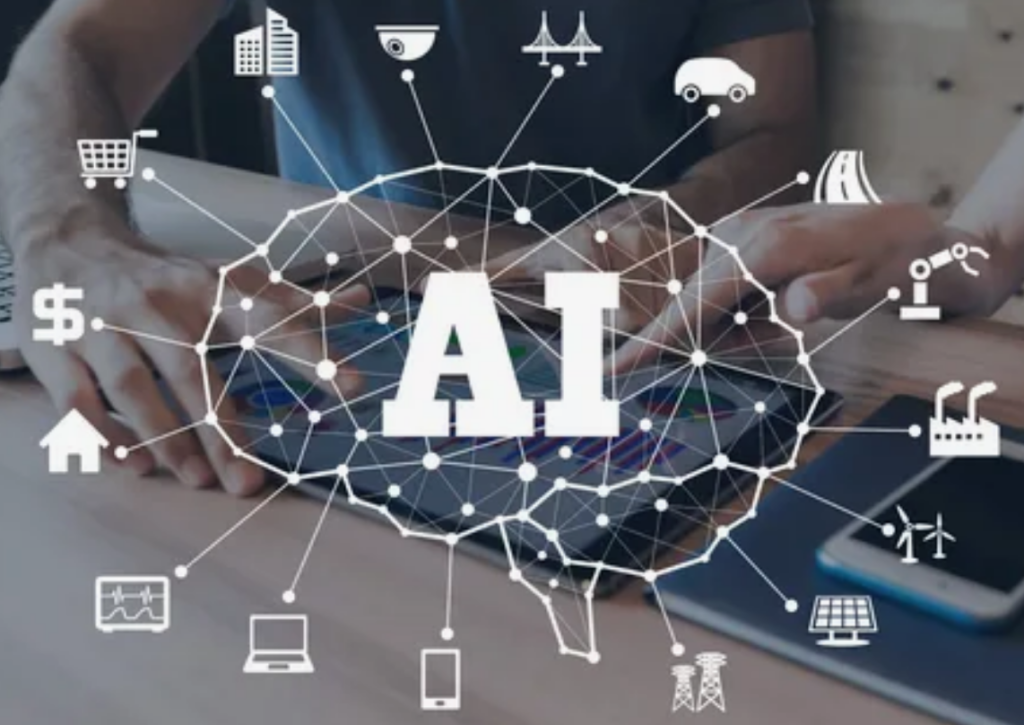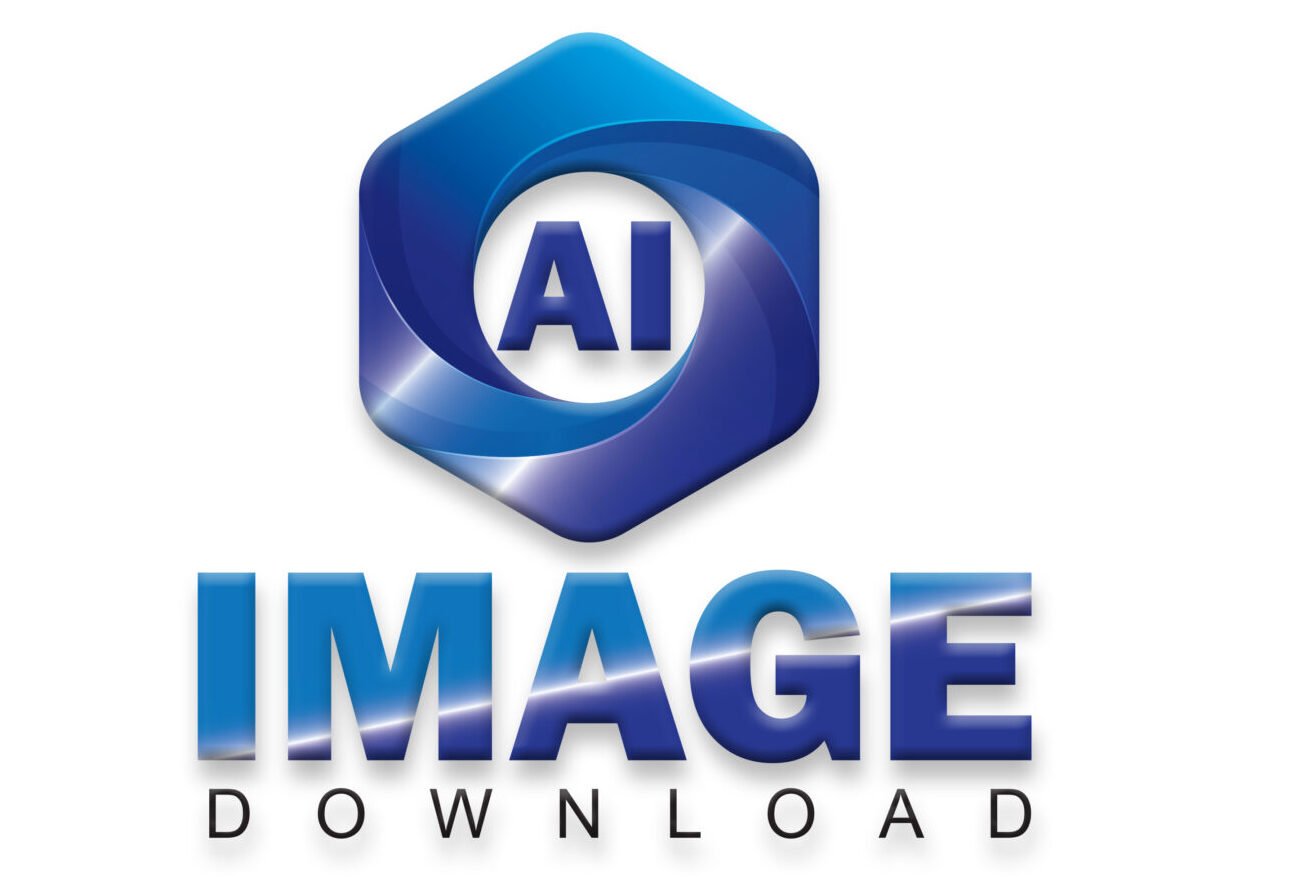Marketing AI tools utilize artificial intelligence to optimize marketing tasks and workflows efficiently. By leveraging AI’s predictive capabilities, these tools enhance repetitive marketing processes, leading to improved outcomes. AI marketing tools encompass chatbots, predictive analytics, recommendation engines, and content generation systems, enabling personalized customer interactions and targeted advertising. With advancements in AI technology, the industry is witnessing more refined ad targeting, enhanced marketing automation, and the integration of voice-based shopping experiences.
Incorporating AI tools into marketing strategies can revolutionize how businesses engage with their audience and drive successful campaigns. Whether it’s optimizing social media management, content creation, or SEO strategies, AI tools are becoming indispensable for modern marketers seeking to stay ahead in a competitive landscape.
Marketing AI Tools

The Evolution of Marketing AI Tools
Marketing AI tools have revolutionized the industry, utilizing AI and machine learning for enhanced marketing workflows. From chatbots to predictive analytics, these tools streamline tasks and personalize customer journeys effectively. With continued advancements, AI tools offer improved ad targeting, automation, and decision-making capabilities for marketers.
From Traditional Marketing To AI Tools
Marketing has evolved significantly over the years, from traditional methods to the implementation of cutting-edge AI tools. Traditional marketing relied heavily on manual processes and human intuition to drive campaigns and strategies. However, with the advent of AI, marketers now have access to powerful tools that can analyze vast amounts of data, automate tasks, and provide valuable insights to enhance marketing efforts.
Impact of AI on Marketing Strategies
The impact of AI on marketing strategies has been profound. AI has enabled marketers to leverage data-driven insights to create highly targeted campaigns, personalized messaging, and optimize customer experiences. By harnessing the power of AI, marketers can now make informed decisions, automate repetitive tasks, and deliver more relevant and timely content to their target audience.
Key Features of Marketing AI Tools
Personalization Capabilities
Marketing AI tools offer advanced personalization capabilities, allowing businesses to tailor their marketing strategies to individual customer preferences. By utilizing machine learning algorithms, these tools analyze vast amounts of customer data to create personalized experiences across various marketing channels. From email campaigns to website content, AI-powered personalization ensures that each customer interaction feels tailored to their specific needs and interests.
Predictive Analytics and Data Insights
One of the key features of marketing AI tools is their ability to provide predictive analytics and valuable data insights. By leveraging AI algorithms, these tools can forecast future trends, customer behaviors, and market dynamics. Through data-driven insights, businesses can make informed decisions, optimize their marketing strategies, and allocate resources effectively. This predictive capability empowers marketers to stay ahead of the competition and adapt their strategies based on actionable insights.
Benefits of Using AI Tools In Marketing
AI tools have revolutionized the marketing landscape, offering unparalleled advantages for businesses seeking to optimize their strategies and operations. From increased efficiency and productivity to enhanced customer experience, the utilization of AI tools in marketing has become indispensable in today’s competitive environment.
Increased Efficiency and Productivity
The integration of AI tools in marketing processes leads to streamlined workflows and automated tasks, resulting in a significant boost in efficiency and productivity. By leveraging AI-powered algorithms, marketers can analyze vast amounts of data swiftly, enabling them to make data-driven decisions and allocate resources more effectively.
Enhanced Customer Experience
AI tools play a pivotal role in personalizing customer interactions and delivering tailored experiences. Through predictive analytics and machine learning, marketers can gain valuable insights into customer behavior, preferences, and purchase patterns, allowing them to anticipate customer needs and provide relevant, timely recommendations.
Popular Marketing AI Tools In The Industry
Discover the power of AI with popular marketing tools like Jasper AI, Grammarly, and SurferSEO. These tools leverage artificial intelligence to enhance marketing tasks, from content creation to audience targeting and automation. Stay ahead in the competitive industry with innovative AI solutions.
Popular Marketing AI Tools in the Industry AI marketing tools have revolutionized the marketing industry by enhancing the execution of marketing tasks and workflows. These tools harness artificial intelligence and machine learning to provide predictive insights and automate repetitive marketing workflows. Here are some of the most popular marketing AI tools in the industry. H3: Chatbots for Customer Interaction Chatbots are created with natural language processing (NLP) and can answer common questions, nurture leads, schedule demo calls, and more. They can personalize the customer journey during the stage when they’re consuming marketing content. ChatGPT, Jasper AI, and ManyChat are some of the best chatbot builders that provide custom chatbot solutions for various business purposes. H3: AI-Powered Content Creation Tools AI-powered content creation tools use natural language processing (NLP) to analyze data and generate content that is unique, engaging, and SEO-friendly. Grammarly, MarketMuse, and SurferSEO are some of the best AI-powered content creation tools that help marketers create quality content that resonates with their target audience. Other AI Marketing Tools Apart from chatbots and content creation tools, AI marketing tools include predictive analytics platforms, recommendation engines, and research tools. Some of the best AI marketing tools for sales and marketing include Optimove, Tavus, le list, and Seventh Sense.
Challenges Faced When Implementing AI Tools In Marketing
Artificial Intelligence has revolutionized the way businesses approach their marketing strategies. It’s no longer just a buzzword, but a crucial component of modern marketing. Despite its potential benefits, AI implementation has its own set of challenges. Here are some of the significant challenges faced when implementing AI tools in marketing:
Data Privacy Concerns
One of the most significant challenges with AI implementation in marketing is ensuring data privacy and security. AI tools require access to large amounts of data to work effectively, and this raises concerns over data privacy and security. Companies must ensure that they comply with data privacy regulations and protect customer data to avoid any legal consequences.

Integration With Existing Systems
Integrating AI tools with existing systems can be a challenge for businesses. Often, businesses have legacy systems that are not compatible with modern AI tools, which can lead to compatibility issues. Businesses must ensure that the AI tool they choose is compatible with their existing systems to avoid any integration problems.
Overall, AI tools have great potential to revolutionize marketing. However, businesses must ensure that they address these challenges to make the most out of AI implementation in marketing.
Future Trends In Marketing AI Tools
As technology continues to advance, the future of marketing AI tools holds exciting prospects for businesses. The integration of artificial intelligence (AI) is revolutionizing the way marketers engage with their target audience, analyze data, and automate processes. Let’s explore some key areas driving the future trends in marketing AI tools:
Advancements In Natural Language Processing
The evolution of natural language processing (NLP) is reshaping how AI interacts with human language. NLP advancements enable AI tools to comprehend and respond to human speech and text, leading to more personalized and effective customer interactions. With NLP, AI-driven chatbots can engage in meaningful conversations, provide tailored recommendations, and enhance overall customer experience.
Ai-driven Marketing Automation
AI-driven marketing automation is propelling businesses towards more efficient and targeted campaigns. Through AI-powered automation, marketers can streamline repetitive tasks, analyze large datasets to identify trends and deliver personalized content at scale. This not only saves time and resources but also enables marketers to focus on strategic initiatives while AI handles the execution of routine marketing activities.
Case Studies: Successful Implementation of Marketing AI Tools
Discover how Marketing AI Tools have revolutionized businesses in successful case studies. Implementing AI for marketing tasks boosts efficiency and enhances customer engagement, paving the way for innovative strategies. Experience the power of AI in transforming marketing workflows for optimal results.
Company A: Leveraging AI for Targeted Ad Campaigns
In a bid to revolutionize its marketing strategies, Company A sought to leverage AI for targeted ad campaigns. By implementing AI tools, the company was able to analyze vast amounts of customer data to identify patterns and preferences, enabling them to create highly targeted ad campaigns that resonated with their audience. The AI technology allowed Company A to optimize ad placements, refine messaging, and allocate budgets more effectively, resulting in a significant increase in conversion rates and a higher return on investment.
Company B: Using AI for Lead Scoring
Company B recognized the potential of AI in lead scoring, a critical aspect of their marketing efforts. By harnessing AI tools, the company was able to automate the lead-scoring process, ensuring that each lead was thoroughly evaluated based on various criteria and behavioral patterns. This allowed the marketing team to prioritize high-quality leads, resulting in more targeted and personalized communication with potential customers. As a result, Company B experienced a substantial increase in lead conversion rates and a more efficient allocation of resources.
Ethical Considerations In The Use of AI Tools For Marketing
As artificial intelligence (AI) continues to revolutionize the marketing industry, it is imperative to consider the ethical implications of its use in marketing tools. With the power to analyze large datasets, predict consumer behavior, and automate marketing processes, AI tools have the potential to significantly impact how businesses engage with their audiences. However, it is crucial to address ethical considerations in the development and deployment of AI tools to ensure transparency, fairness, and non-discrimination.
Transparency In AI algorithms
Transparency in AI algorithms is essential to build trust and accountability in marketing practices. Marketing AI tools should provide clear explanations of how they make decisions and recommendations, ensuring that marketers and consumers understand the rationale behind AI-generated insights. Transparency also involves disclosing the sources of data used by AI algorithms to prevent the propagation of biased or misleading information. By promoting transparency, AI tools can empower marketers to make informed decisions while fostering ethical practices in the industry.

Ensuring Fairness and Non-discrimination
Fairness and non-discrimination are critical considerations in the use of AI tools for marketing, as these technologies have the potential to perpetuate biases or stereotypes if not properly regulated. AI algorithms should be designed to mitigate biases and ensure equitable treatment of diverse consumer groups, preventing discriminatory outcomes in marketing campaigns. Furthermore, continuous monitoring and evaluation of AI tools are necessary to identify and address any instances of unfairness or discrimination, thereby upholding ethical standards and promoting inclusivity in marketing strategies.
Frequently Asked Questions
What is an AI marketing tool?
An AI marketing tool uses artificial intelligence to enhance marketing tasks and workflows efficiently. AI predicts outcomes based on data, aiding in repetitive marketing processes.
What AI is Used for marketing?
AI marketing tools leverage artificial intelligence and machine learning to optimize marketing tasks and workflows effectively. Chatbots, powered by natural language processing, are commonly used for customer interactions and personalizing the marketing journey.
Which AI tool is best for sales and marketing?
The best AI tool for sales and marketing includes Taplio for personal branding, SetSail for sales insights, Tavus for personalized videos, and Lemlist for multichannel outreach.
How to Use AI for marketing in 2024?
In 2024, AI can enhance marketing through predictive analytics, improved ad targeting, automation, chatbots, and personalized customer journeys. AI marketing tools include chatbots, predictive analytics platforms, recommendation engines, and content generation systems. These tools streamline repetitive tasks and improve decision-making.
Conclusion
Incorporating AI tools into your marketing strategy can revolutionize your workflows. From chatbots to predictive analytics, AI simplifies tasks and enhances results. By embracing AI marketing tools, you can streamline processes, target audiences more effectively, and stay ahead of trends in the ever-evolving digital landscape. Elevate your marketing game with AI today.

